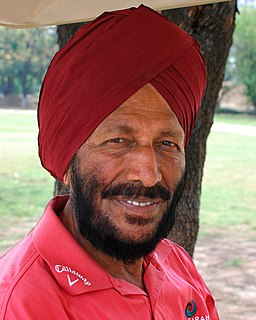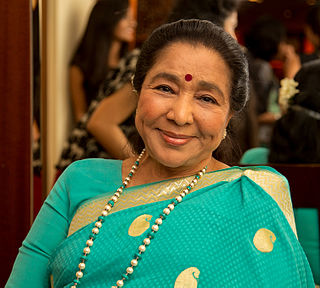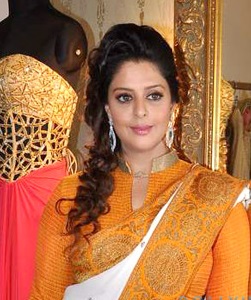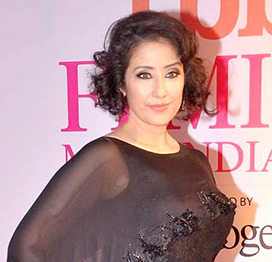A Quote by Milkha Singh
I could have joined politics during Nehru's or Indira Gandhi's time. I don't want to. I stay away from these things.
Related Quotes
Indira Gandhi had been this very powerful, dominating, ambiguous mother figure. Ambiguous because she was tyrannical, she had imposed...she had suspended Indian democracy for a few years but she also was the woman who had defeated Pakistan in war at a time when most male politicians in India had secretly feared fighting that war, so that here in India even today Indira Gandhi is called by Indian nationalists the only man ever to have governed India.
Since when has the Congress become protector of judiciary? Do I have to remind how Indira Gandhi treat the judiciary when one verdict went against them? Rajeev Gandhi in 1988 almost brought the bill, and during that phase, how many cases were filed against the media? And their son and grandson is talking about press freedom.





































